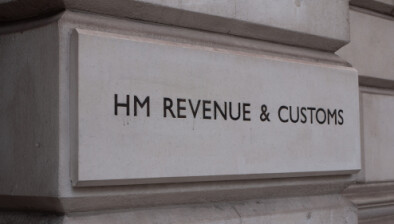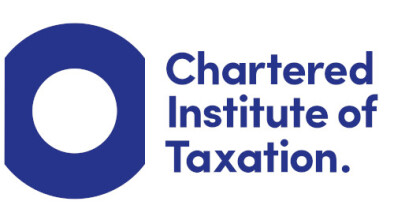ATT unconvinced by HMRC’s tax piloting proposals

Proposals to allow HMRC to test new policies or processes on small groups of taxpayers before rolling out changes to the wider public will not address the real problems around the implementation of new policies or digital services, the Association of Taxation Technicians (ATT) has warned.
The proposed approach involves suspending the usual tax rules for short periods of time for small groups of taxpayers, who are instead asked to follow different rules from the rest of the population in order to test new policies and procedures.
Responding to a discussion document from HMRC the ATT has called for HMRC to look at other aspects of testing and developing policy, such as spending more time on policy design, and providing more support to those who find themselves excluded from new systems and processes.
Jon Stride, vice chair of the ATT Technical Steering Group, said: “It is important that HMRC has the ability to fully test new systems and processes in order to produce a tax system which is effective and efficient for taxpayers, their agents and HMRC. The systems developed to implement a number of recent policy changes2 have caused problems for all three groups.
“One way in which we think this approach could be more usefully implemented is to protect those who cannot immediately access HMRC systems on launch. A number of new digital services have had teething issues making it difficult, and sometimes impossible, for some groups of taxpayers to access services they need to use. Instead of changing the rules for small groups of people to test policy ideas, we think that HMRC needs more powers to create exemptions or exclusions to protect those who can’t immediately access new systems or processes.”
The ATT also has concerns about the potential costs in time and money for taxpayers who find themselves part of a pilot.
Jon Stride continued: “If the proposals are introduced, we consider that participation should be voluntary and that participants (and their advisers) should be compensated for any costs incurred as a result of being in a pilot. No one in a pilot should end up at a disadvantage compared to taxpayers outside of the pilot in terms of time, monetary costs and tax incurred.
“If the pilots are made compulsory, then we would also like to see permitted opt outs, similar to those available for jury service, and financial compensation for any additional costs incurred so that taxpayers are not left out of pocket after helping HMRC.”
Responding to the plans, the Chartered Institute of Taxation (CIOT) said it supports “innovative approaches” to developing new tax policy, but has some concerns about trialling new processes in a temporary “sandbox”.
It said participation in these trials must not be compulsory, and participants must be protected so they do not end up worse off than if they had not taken part.
Margaret Curran, CIOT Technical Officer, added: “While we support in principle the idea of HMRC developing an innovative approach to the development of new tax policy, we are concerned that the “legislative sandbox” piloting approach described in the consultation document could give rise to problems, particularly if it were to be run as a parallel tax or penalty system rather than as a trial involving a small number of taxpayers.
“We strongly believe participation in any pilot should be voluntary, no-one should end up in a worse position than if they had not participated in it, and any adverse tax, interest and penalty position should be promptly corrected by HMRC, while any costs should also be reimbursed. It is essential that existing taxpayer safeguards are protected within the sandbox environment. Equally, one of HMRC’s Charter commitments is to treat all taxpayers fairly, therefore those participating in sandboxes should also not have an advantage over other taxpayers.
“Our members and agents have also raised concerns over the challenges pilots could lead to in potentially needing to train staff to use multiple systems, all running at the same time.”
The CIOT also warned that pilots should not be used to introduce new tax policies as a “short cut”, and successful pilots must continue to go through the proper consultation process before they are enacted more widely.
Margaret Curran concluded: “If the results of a pilot indicate to HMRC that legislative change is desirable in a particular area of the tax code, that change should be consulted on through the usual consultation process, and scrutinised by Parliament during the legislative process.
“Equally, sandbox testing could be undertaken as part of the consultation process itself. But a sandbox should not be a short cut to enacting or introducing new rules without any external scrutiny, nor should it remove the need for proper piloting where there is a large scale system change. Its value potentially lies in exposing issues in the early stages of policy development and thereby helping HMRC to assess whether a policy idea is workable and likely to have the desired effect before it becomes ‘baked in’ and consequently harder to deviate from”.







